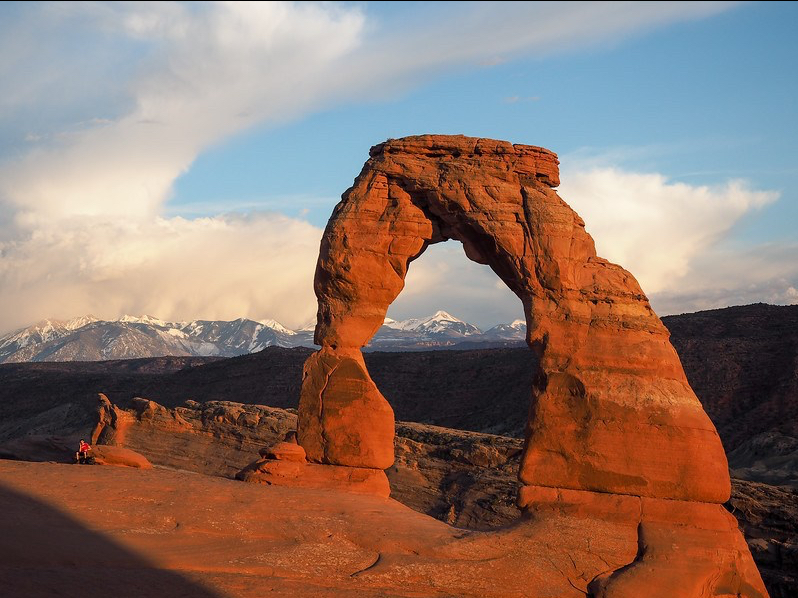 On “Morning Joe” last summer, Richard Haas, President of the Council on Foreign Relations and a former close advisor to Secretary of State Colin Powell, made a powerful statement about what we do on the downslope from our peak. He was speaking on the occasion of Zbigniew Brzezinski’s death, about the place “Zbig” made for himself in the world after retiring from public service. With apologies for paraphrasing: He didn’t need an inbox to make him relevant. He woke up each day and made himself relevant.
On “Morning Joe” last summer, Richard Haas, President of the Council on Foreign Relations and a former close advisor to Secretary of State Colin Powell, made a powerful statement about what we do on the downslope from our peak. He was speaking on the occasion of Zbigniew Brzezinski’s death, about the place “Zbig” made for himself in the world after retiring from public service. With apologies for paraphrasing: He didn’t need an inbox to make him relevant. He woke up each day and made himself relevant.
This inserted itself into my recurring mental loop about loss of relevance and revealed the lie in that long-running tape.
Make. Ourselves. Relevant.
It’s not just easy but fundamental to our identification of self to measure accomplishment in the context of being needed. When it seems like no one needs us, we feel terrible and reflexively try to find a place and a role where someone does. Conversely, the embrace of need is dopamine to the brain: we feel validated, potent, on top of the world.

For someone who’s always been pretty Type-A and demanding of himself, a response from those around me has always been both affirming and confirmatory of my “relevance.” I told my oldest friend, when he called me to congratulate me on being featured in a podcast – and more importantly, to reprimand me once again on my tendency to focus on half-empty glasses – public notice is, for me, a metric of accomplishment.
Some people are probably much better at it, others much worse, but the truth of the matter is that I’m not very good at being in the moment. So I retrace old patterns and seek old measures that aren’t especially relevant anymore. Or at least shouldn’t be. More importantly, Haas’ comment made me realize two things that I would have said I already knew, but apparently didn’t: first, that the unavoidable transition from the grace of youth and power and impact is a continuing evolution not an endpoint, and second that after years of insisting that I have an internal locus of control. meaning I, not others, control my own destiny, I’ve been acting lately in a way that suggests I’m full of shit.
It took me back to a book I read in freshman year of college, The Consolation of Philosophy, written by Boethius in the fifth century. The whole thing was about free will vs. predetermined fate, and I think I have lived a career based on the former and a personal life based on the latter. But I’ve fallen into the trap of the self-possessed guy who checks into the hospital for some tests, finds out something is wrong, and is transformed into a patient with astonishing speed. Nothing changes – and everything changes.

The transformation is imposed by the institution, an imposition by weight and unfamiliarity into a world where there is no individual free will, where the external locus of control becomes pre-eminent. Tom Brokaw describes this in his recent autobiography A Lucky Life, Interrupted – how even the most self-possessed, connected individual, with access to the best resources and a powerfully affirming and informed and attentive family and friends, becomes multiple myeloma patient Tom Brokaw instead of network anchor Tom Brokaw. He overcomes a horrible year; yet you know the victory is transient. But we don’t all have cancer, and the shift from the CEO that I was for a very long time to “lifestyle” businessperson and adjunct college instructor isn’t an inescapable life sentence.
The point is, thank you Boethius, that we have a choice. We can let ourselves devolve into the role of “patient,” our figurative rear ends poking embarrassingly out the back of the gown of being older. Or we can stop defining ourselves differently because we occupy a different place in the world. The flooded inbox is an annoyance, not a ratification and the fact that it’s no longer making constant, stressful demands is a gift. The world has not stopped reacting to our efforts, we’ve just gotten less fiery and determined about trying to make a dent in it.

The key to this is redefining relevance. My kids are old enough to be bridling under other people’s decisions (come to think of it, they’ve always been that way), and given their DNA I’m pretty sure starting their own businesses is an inevitability. There’s a different but no less meaningful guiding role for me there, not as CEO or father, but maybe some combination of the two. I think/hope that will be the result of doing both jobs well.
My wife’s an artist, inhibited as many artists are, by the demons of self-doubt. There’s a different but no less powerful role there in our relationship, not as director but maybe as muse. And she is both looked up to and sought out for advice by my kids (they’re not her own), which is pretty darn wonderful.

My consulting activity isn’t as driven it once was, but my circumstances enable me to help small companies instead of big ones, and that’s a different but maybe similarly important capacity. There’s time, not just to do stuff because I’m not working all the time, but because I enjoy a different pace. A really amazing and surprising thing is how much I, who moved always at a frighteningly rapid stride, singularly enjoy the sensation of slower movement. It’s not that I can’t run, it’s that I don’t particularly want to. I love the very weird and fluid sensation of feeling my joints move gradually.
In a further tribute to Zbig, who died over a weekend last May. Jimmy Carter eulogized him as a man who “defined originality and principal.” I’d like to think that still applies to my life, though as usual I’ll look to others for the confirming metric. There’s a guy named Brian Andreas, who writes and illustrates a body of work called Story People. I get his daily email. This is what it said the day I composed this post:
How to Live a Life (or at least what I know so far…)
- You already are. Now, when are you going to choose to enjoy it?
(How’s that for clearing up the clutter?)
I’m reminded once again that I’ve got some work to do when I get up tomorrow.



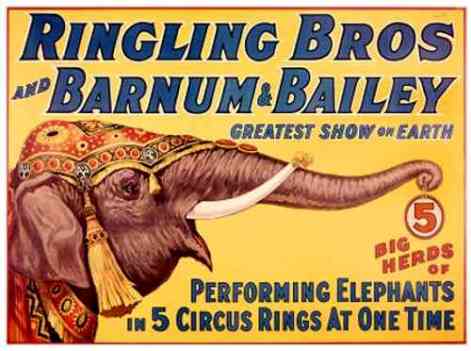



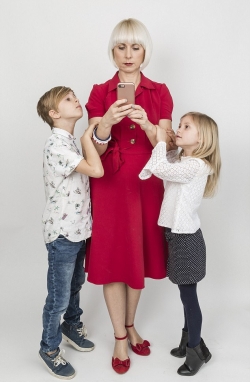





 What’s this have to do with Age Spots? While radicalism is usually associated with youth, I think that’s because people in their teens and twenties are more likely to act on the impulses coming out of their amygdala, or reptilian brain. There’s a tempering with age, the insertion of some kind of buffer, whether borne of experience or a change in focus or the finite limits of individual energy, that moves most people to a more temperate state. So we probably see more road rage, more violent crime, and more radical hate behavior perpetrated by younger than by older people. (I’m not up on the stats and could be off base here, and last week’s mass murder by a 64-year old is all the more frightening for violating our expectations.) We send kids off to fight wars because they are less powerful as a political force, less geopolitically nuanced (my country right or wrong), and easier to manipulate.
What’s this have to do with Age Spots? While radicalism is usually associated with youth, I think that’s because people in their teens and twenties are more likely to act on the impulses coming out of their amygdala, or reptilian brain. There’s a tempering with age, the insertion of some kind of buffer, whether borne of experience or a change in focus or the finite limits of individual energy, that moves most people to a more temperate state. So we probably see more road rage, more violent crime, and more radical hate behavior perpetrated by younger than by older people. (I’m not up on the stats and could be off base here, and last week’s mass murder by a 64-year old is all the more frightening for violating our expectations.) We send kids off to fight wars because they are less powerful as a political force, less geopolitically nuanced (my country right or wrong), and easier to manipulate.











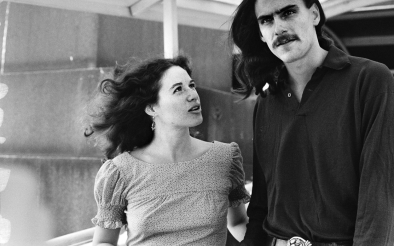


 The choice I gave them was between a profoundly risky situation with a spectacular result, and one that carries a lot less risk but yields a less impressive return. If you flip it around and look at the risk side of the equation, they were weighing a 95% chance vs. a 20% chance of losing the initial $10,000.
The choice I gave them was between a profoundly risky situation with a spectacular result, and one that carries a lot less risk but yields a less impressive return. If you flip it around and look at the risk side of the equation, they were weighing a 95% chance vs. a 20% chance of losing the initial $10,000.




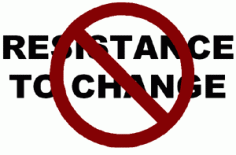











 I have no idea how they teach it now, and shudder that there are lots of people who think of the Civil War as the “war of northern aggression,” but when I was growing up in Philadelphia they talked a lot about the Civil War being a “
I have no idea how they teach it now, and shudder that there are lots of people who think of the Civil War as the “war of northern aggression,” but when I was growing up in Philadelphia they talked a lot about the Civil War being a “




 In it’s simplest form, this isn’t a novel sentiment; we’ve all heard the expression “take time to smell the roses.” But it’s really more than that, something that is ageless, timeless and offers possibility in a way that we too often take for granted. For me, it ratifies the conversation I had with a good friend last night, about moving past the urge to be what I was before, to run things the way I did as a CEO, and perhaps a way of subverting or at least taming the sense of annoyance that surges to the surface whenever something isn’t the way I want it.
In it’s simplest form, this isn’t a novel sentiment; we’ve all heard the expression “take time to smell the roses.” But it’s really more than that, something that is ageless, timeless and offers possibility in a way that we too often take for granted. For me, it ratifies the conversation I had with a good friend last night, about moving past the urge to be what I was before, to run things the way I did as a CEO, and perhaps a way of subverting or at least taming the sense of annoyance that surges to the surface whenever something isn’t the way I want it.

 I don’t know for sure, but people’s behavior suggests a loss of the ability to distinguish cause and effect. It’s like the guy who swerves out of his lane on the highway and complains about the driver he sideswiped having been in his blind spot. I came across an article some weeks ago that seems to amplify this idea of a
I don’t know for sure, but people’s behavior suggests a loss of the ability to distinguish cause and effect. It’s like the guy who swerves out of his lane on the highway and complains about the driver he sideswiped having been in his blind spot. I came across an article some weeks ago that seems to amplify this idea of a 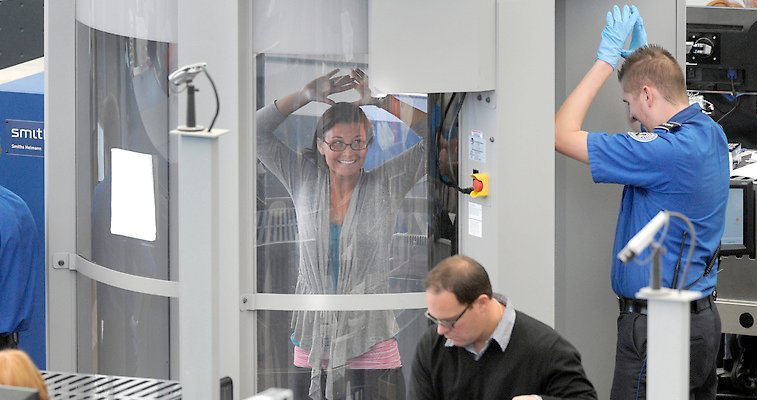
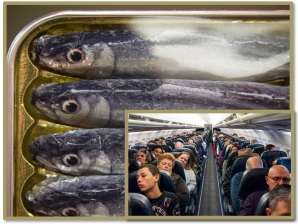




 I once told a little boy who was bouncing around a restaurant and repeatedly interrupting a dinner I was having with friends, because his laid-back parents couldn’t be bothered to contain him, to go back to his parents. This of course set him off crying, and as they finally, mercifully got up to go the father called me a prick as he raced for the door.
I once told a little boy who was bouncing around a restaurant and repeatedly interrupting a dinner I was having with friends, because his laid-back parents couldn’t be bothered to contain him, to go back to his parents. This of course set him off crying, and as they finally, mercifully got up to go the father called me a prick as he raced for the door.
 Look, I’ve got a theory – no, make that a conviction – that philanthropy isn’t the selfless thing people assume it is. We are all the victims of being the species we are, and for humans that means we seek gratification in the things that light up our pleasure centers. Sometimes that means some of us do extraordinary things that make a dent in the goodness ledger of the universe. But even Mother Theresa, selfless as she was, did it for a reason, and my theory is it lit up the gratification centers in her brain.
Look, I’ve got a theory – no, make that a conviction – that philanthropy isn’t the selfless thing people assume it is. We are all the victims of being the species we are, and for humans that means we seek gratification in the things that light up our pleasure centers. Sometimes that means some of us do extraordinary things that make a dent in the goodness ledger of the universe. But even Mother Theresa, selfless as she was, did it for a reason, and my theory is it lit up the gratification centers in her brain.
